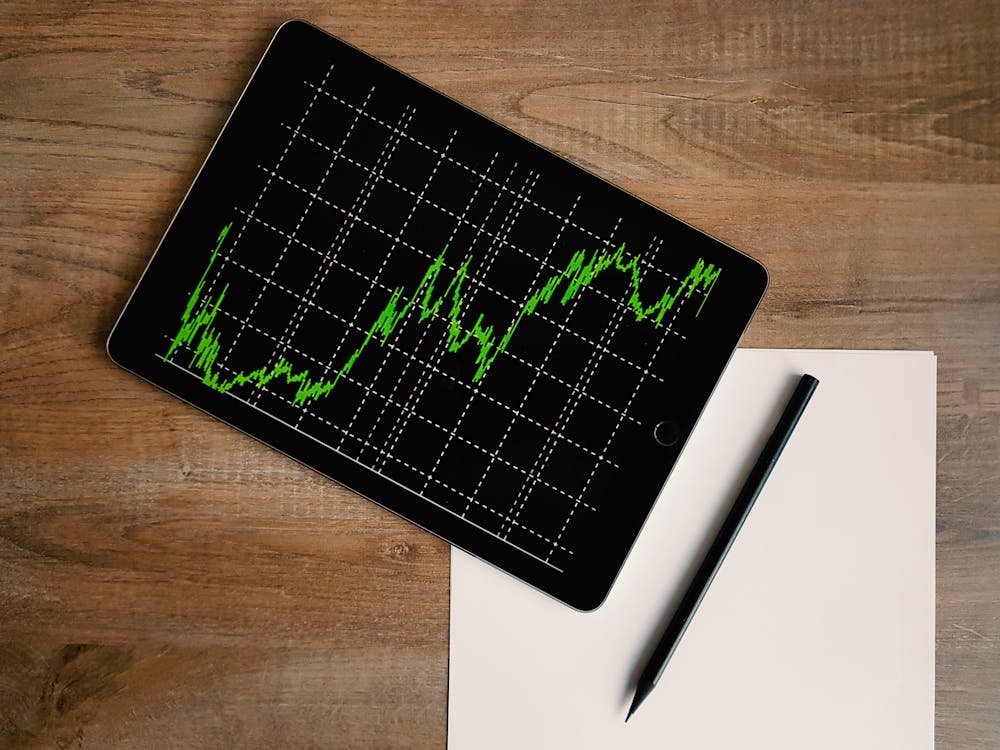Rubber Futures Plunge In Response To BYD Price Cuts

Image Source: Pexels
Prices of natural rubber have fallen in response to Chinese electric vehicle manufacturer BYD’s significant price cuts fueling fears of a price war that could hurt tire prices, according to Nikkei.
“Price cuts by BYD, the largest manufacturer, ‘have spread concerns that a full-scale price war may begin,’” said Marketedge CEO Tsutomu Kosuge. Tires consume roughly 70% of natural rubber output.
BYD announced price reductions of up to 34% on 22 models from its main brand. In May, BYD’s new-vehicle sales rose 15% year-on-year to 382,476 units, though this growth was slower than April’s increase of over 20%.
Nikkei writes that despite a 9.8% year-on-year rise in Chinese new-vehicle sales (including exports) in April, worries about overproduction remain, according to the China Association of Automobile Manufacturers.
The drop in natural rubber prices comes amid speculation that reduced prices for EVs and plug-in hybrids will lead to lower demand for tires, thereby hitting natural rubber demand. On June 3, benchmark rubber futures on the Osaka Exchange fell 4% to 280 yen ($2) per kilogram, marking the lowest price since February 2024.
Earlier this year, natural rubber prices fell after former U.S. President Donald Trump announced sweeping tariffs in early April. Though prices later rebounded as tensions between Washington and Beijing eased, they have since resumed their decline.
In Asia—home to the world’s main natural rubber production and trading—Shanghai’s rubber futures are the most actively traded globally. Recently, the sharp drop in Shanghai’s futures market has triggered selling pressure on Osaka’s exchange. On Wednesday, Shanghai futures temporarily dropped below 13,300 yuan ($1,850) per metric ton.
Meanwhile, the U.S. new-car market is cooling after a surge in demand leading up to Trump’s tariff announcement. According to MarkLines, U.S. new-vehicle sales in May rose 1.4% year-on-year, slowing from 9.1% and 9.9% gains in March and April, respectively. Analysts are now watching to see how consumer spending will shift, given the economic uncertainty.
According to a chief at the corporate sales department at Japan’s Yutaka Trusty Securities, the next move in prices “will be determined by the outcome of the U.S.-China negotiations.” Natural rubber remains around $2 per kilogram.
More By This Author:
Inflation Highest In Democrat States, Lowest In Republican Deep SouthCanadian Unemployment Rate Has Now Hit 7%
Everything Soars Higher As Rate-Cut Odds Jump After CPI 'Miss'
Disclosure: Copyright ©2009-2025 ZeroHedge.com/ABC Media, LTD; All Rights Reserved. Zero Hedge is intended for Mature Audiences. Familiarize yourself with our legal and use policies ...
more


